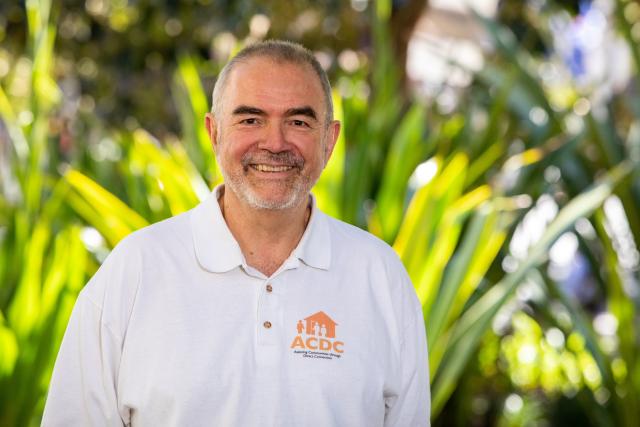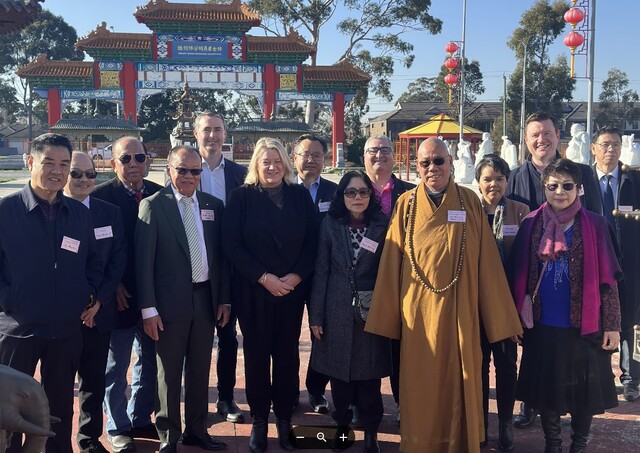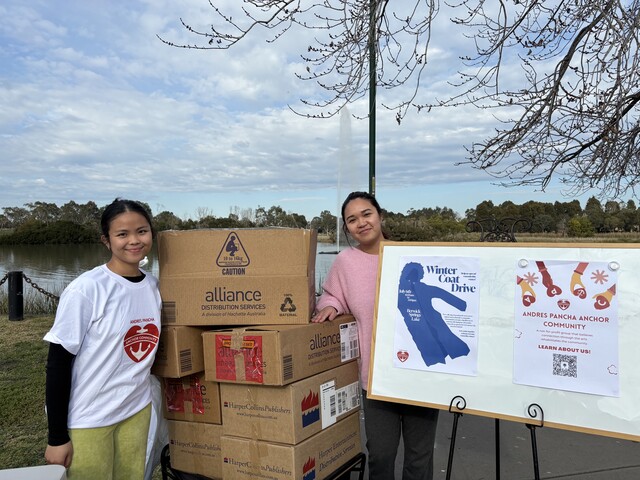Community Mental Health Australia (CMHA) are moving forward with cautious optimism after good news that the CMHA has welcomed the recommendation for foundational community-based mental health and psychosocial support outside of the NDIS, which will be implemented with 50:50 funding from the National Cabinet.
These recommendations will come as a relief to Dandenong residents, who have long struggled with psychosocial support shortages.
“In Dandenong we are very aware of the needs for additional psychosocial support services that are required outside the NDIS services,” Dandenong Community & Learning Centre General Manager Merina Ashdown said.
“Because of the current shortage of these there are significant ongoing social and personal costs occurring and this impacts the community at large.”
These recommendations for increased support follow recent data from the SA Report on Unmet Need for Psychosocial Support, which indicates that per capita around 275,000 people in Australia are living with severe mental health issues and currently have no support from the NDIS, or any existing Commonwealth or state and territory psychosocial programs.
And the number of people in the NDIS with a psychological disability has also accelerated at a rate of 25% per annum, increasing from 39,637 in June 2020 to a staggering 62,011 in June 2023, far surpassing the intended 8% growth target announced in the Federal Budget this year.
Bill Gye the CEO of CMHA said, “Numerous less costly psychosocial services existed previously but these were cut when funding was shifted to the NDIS. In the interim, the unmet need outside the NDIS has grown.”
“Clearly alternative pathways are needed to channel future demand and to help meet the massive gap that is being revealed in the current national assessment of unmet need being commissioned by the Australian Government Department of Health and Aged Care. Some of these alternatives already exist in effective state and territory community mental health programs, they just need to be expanded,” says Mr Gye.
The CMHA coalition has already been advocating strongly for an evidence-based, effective and transformative alternative, that is recovery-oriented and adapted to local needs and the existing service ecology.
Most importantly this alternative will prioritise input from and co-design with people who have experienced mental ill-health, together with community-based providers, advocacy, and commissioning bodies.
“These future services and support can be both effective and more economical while returning significant wellbeing and social benefits,” says Mr Gye.
This will require all stakeholders to work together carefully to take advantage of this arising opportunity to improve the social and emotional wellbeing of some of the most disadvantaged people in Australia outside the NDIS while supporting the sustainability of the NDIS.







